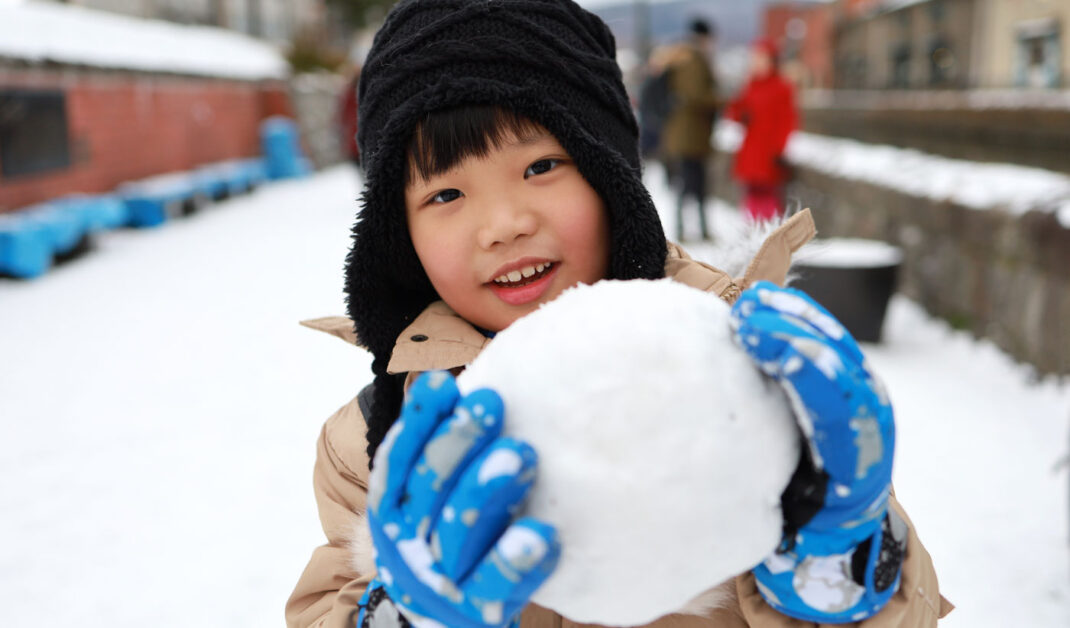Winter Health Tips for Preschoolers: Practical Tips to Keep Kids Healthy and Boost Immunity

Winter can be a magical season for preschoolers, with snow-filled activities, holiday celebrations, and cozy days spent indoors. However, it also brings colder weather, less outdoor time, and a higher chance of catching seasonal illnesses. Parents and caregivers must help children stay healthy during the winter months by taking a few extra steps to boost their immunity and keep them active, comfortable, and safe. Here are some practical winter health tips for keeping your preschooler healthy all season long.
Prioritize Balanced Nutrition
A well-balanced diet is one of the best ways to support a healthy immune system. In winter, aim to include a variety of nutrient-dense foods in your preschooler’s meals. Fresh fruits and vegetables, such as oranges, berries, carrots, and leafy greens, provide essential vitamins and minerals that strengthen immunity. Whole grains, lean proteins, and healthy fats also support energy and overall health.
Winter can be a good time to introduce healthy snacks like fruit smoothies, yogurt with fresh berries, or veggie sticks with hummus. Warm, comforting meals like vegetable soups or chicken broth can also keep kids nourished and are especially helpful when dealing with congestion.
Keep Them Hydrated
While we often focus on hydration in warmer months, it’s just as important in winter. Cold weather can make kids less aware of their thirst, but staying hydrated is essential for maintaining immune function and overall health. Encourage your preschooler to drink water throughout the day, even if they don’t feel thirsty. Warm herbal teas, milk, and natural juices are also great ways to keep them hydrated while offering a cozy, winter-friendly option.
Dress for the Weather
Ensuring your child is dressed warmly and appropriately for the weather is key to keeping them comfortable and healthy. Layering is especially useful in winter, as it allows children to stay warm outdoors and adjust for comfort when indoors. Thermal underlayers, warm socks, hats, gloves, and waterproof boots are must-haves for outdoor play on cold days.
Make sure to cover their head, hands, and feet, as these areas lose heat quickly. Additionally, breathable layers made of cotton or wool help regulate body temperature and wick away sweat, preventing chills once they’re back inside.
Maintain a Consistent Sleep Routine
Good-quality sleep is vital for a strong immune system. Preschoolers typically need 10-13 hours of sleep per night. As daylight decreases, it may be easier to establish an earlier bedtime routine in winter. Consistent sleep supports the body’s natural defenses and helps children stay active, alert, and better able to fight off seasonal illnesses.
Create a calming bedtime routine that includes activities like reading a story, gentle stretching, or listening to soft music. Avoid screens before bedtime, as they can disrupt the sleep cycle. By prioritizing sleep, you help your child’s body restore and recharge each night.
Encourage Regular Handwashing
Winter is flu season, making handwashing an essential habit to keep preschoolers healthy. Teaching young children to wash their hands frequently, especially before eating, after using the restroom, and after playing with other children, can reduce the spread of germs.
Make handwashing fun by encouraging them to sing a song (like “Twinkle, Twinkle, Little Star” or “Happy Birthday”) while they scrub for at least 20 seconds. Using warm water and child-friendly soap can make it a pleasant routine rather than a chore. If you’re out and about, keep hand sanitizer handy as an alternative, but remember that thorough handwashing is always best.
Get Outside for Fresh Air
While it might be tempting to stay indoors, fresh air and natural sunlight are great for children’s physical and mental well-being. Sunlight exposure helps the body produce vitamin D, which supports immune function. Dress your preschoolers warmly and take them outside for short play sessions on milder winter days.
Winter outdoor activities, like building a snowman or taking a walk in the park, provide exercise, boost mood, and give kids a break from indoor air, which can sometimes be dry and stuffy. Remember to apply a child-safe moisturizer to protect their skin and lip balm to prevent chapping.
Create a Comfortable Indoor Environment
Due to heating, indoor air can become very dry in winter, which may contribute to dry skin, throat irritation, and congestion. Consider using a humidifier in your home or your child’s bedroom to add moisture to the air, making it more comfortable for breathing. Ensure your humidifier is cleaned regularly to prevent mold or bacteria buildup.
Maintaining a clean home environment is also helpful, especially during cold and flu season. Regularly clean surfaces and toys your child frequently touches and wash their bedding weekly. This can reduce the spread of germs and help keep everyone in the household healthier.
Foster Active Play Indoors
Staying active boosts both physical and mental health, even in colder months. When outdoor play isn’t an option, incorporate active play indoors to keep your preschooler moving. Indoor obstacle courses, dancing, yoga, and simple exercises are great ways to burn off energy and support overall health.
Active play enhances circulation, strengthens muscles, and supports immune function. It’s also a great way to improve mood and prevent cabin fever on days when outdoor play isn’t feasible.
By following these simple winter health tips, you can help your preschooler stay healthy, active, and resilient during the colder months. From balanced meals and hydration to cozy layers and regular handwashing, small daily habits greatly support your child’s well-being and immune system.
For more tips, visit the Les Enfants Preschool and Summer Camp blog. Let’s make this winter a season of growth and wellness for our little ones!
